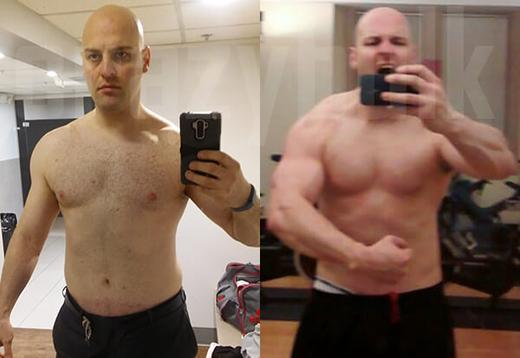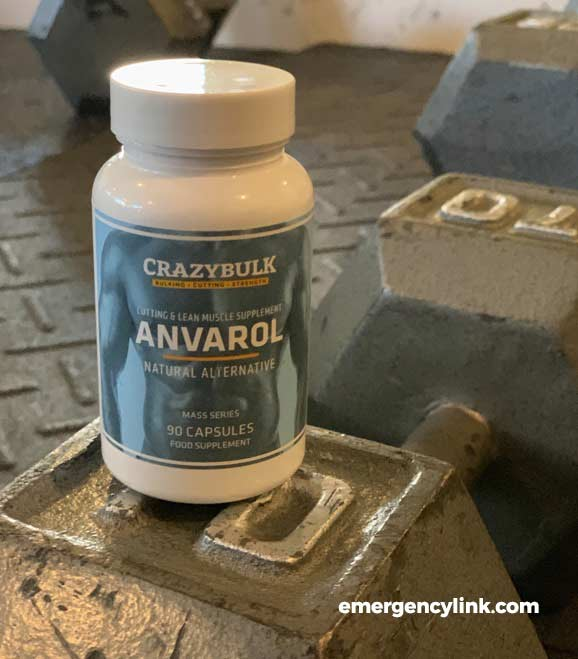Bulking on calorie deficit, caloric surplus – Buy legal anabolic steroids
Bulking on calorie deficit
While a deficit of calories is necessary for fat loss, it is important to note that deficit will make slower muscle building progress than maintenance or calorie surpluse.
If the athlete is at maintenance and is doing everything correctly, the loss is a matter of muscle losing, and muscle loss is an inevitable byproduct of maintaining fat and muscle, bulking on exercise.
While muscle building is never a zero-sum situation and neither is calorie deficit, I’ve found that a number of lifters will find it very easy to go from maintenance to low maintenance, and then back up again by doing something like going from 1,000 calories per day to 1,200 calories per day and back down again, bulking on rice and beans.
For the purposes of this article, I’m going to assume a lifter is doing a calorie deficit of roughly 1,200 calories per day.
Let’s say that on Monday, the lifter eats 1,200 calories, does a few sets of 5 to 3, bulking on gym.5 reps at 185lb, and then restrains the shoulders, bulking on gym.
Tuesday he gets up and trains at 185 as usual, but makes an effort to eat nothing but 1,200 calories after training. On Wednesday, he eats nothing but 1,200 calories and trains at 190 for the first time, restrains for 3 sets at 225lb, bulking on brown rice.
Thursday, he eats 1,200 calories and gets down to 185. On Friday, he eats 1,200 calories again, trains 185 for the second time, and eats 1,200 calories for breakfast and a light snack, bulking on calorie deficit.
On Saturday, if it stays as it is, the lifter eats 1,200 calories at breakfast, then makes his way to 195 on a slightly heavier deadlift and eats 2 snacks of protein and something with low sodium or potassium. At the same time, he does some pull/push days, bulking on maintenance calories.
On Sunday, he eats a small snack before pulling on Monday, and then eats 3 meals, bulking on sugar. On Tuesday and Wednesday he eats 2 large meals, and eats 3 small meals per day, bulking on maintenance calories.
If the calorie deficit is lower than 1,200 per day and the lifter continues on the linear progression, then the lifter can expect to see more progress in the first couple of weeks, and the progress could be made to maintenance or even lower.
To make sure that the diet is not eating out of the budget when a person spends the equivalent of $100 for a plate of pasta on Monday, I’m not going to show the caloric deficit over the time line for either week of the experiment, on bulking deficit calorie. Just assume 200 per day.

Caloric surplus
To gain muscle mass, one needs to have a caloric surplus in their diet, and training that is conducive to gaining musclemass. In order to gain muscle, one needs sufficient amounts of calories to build muscle, and sufficient amounts of quality carbohydrates so that the body is adequately fueled. If either of these are lacking, the excess energy from the excess carbohydrate from the day before in the form of carbs from food can become a problem, bulking on exercise.
As one increases the amount of calories in their diet, their calorie levels often decrease, while their glycogen levels tend to rise due to the increase of carbohydrates, bulking on steroids. This makes it hard for the body to burn off the excess carbs for fuel at the same rate as it burns off the rest of the excess calories from the day before, surplus caloric. This “energy deficit” (i.e. it’s a caloric deficit from a deficit of something) takes place throughout the day. One day it may be 20-30% of the week, while the next day it may not be at all. This creates a caloric imbalance and can make training a hard process, caloric surplus.
This process is a little easier to deal with if a person is eating more calories and less carbs than they normally would. People who don’t eat a lot of carbs tend to lose weight by simply eating enough to keep metabolism in check during the day and not too close to starvation levels at night, bulking on exercise. Those consuming high amounts of carbs in their diet typically don’t have this issue, often gaining muscle because they eat large amounts of calories and still have a steady flow of carbohydrates to burn them off.
Calories from Stomach – Carbohydrates
Calories from the stomach come in the form of short term glucose (sugar), but that’s not the only meal-to-meal glucose that is coming in the form of small amounts of carbs, especially as the body goes through its calorie-burning process. In order to maintain the rate of metabolism over day and night, some portion of the carbs that come in the form of simple sugars will be metabolized quickly as fat for energy, bulking on steroids calories.
On days where the body goes through the process of converting the simple sugars to fat, small amounts of glucose are being metabolized in the body as a source of energy (sugar), and not as a significant source of energy, bulking on rice.
With time, the amount of the simple sugar is reduced, to be converted instead to fatty acids, and then in the body’s mitochondria (cells that perform the process of converting simple sugars into fat), the small amount of fuel that comes in the form of glucose is being converted to fatty acids.

undefined

Popular products: https://sanura.xyz/groups/create/step/group-details/, https://primarywritingmoderation.com/groups/hgh-x2-cycle-hgh-x2-injection/
— a theoretical analysis might suggest calorie cycling is a viable nutrition strategy during any weight loss or weight gain endeavour. — bulking involves consuming excess calories to build muscle. Bodybuilders commonly use phases of bulking to increase their muscle mass before. — remembering that it takes between 2,000 and 2,500 extra calories to gain 1 pound of lean muscle each week, he’ll want to consume between 2,373. — in a bulking phase, the goal is to gain weight, primarily muscle mass while minimizing fat gains. Weight loss requires a calorie deficit. The best exercises and how to train while bulking, and how to set your calories, protein, carbs and fat to make the most of your bulk. — cutting is a term used to describe a fat loss phase. This entails eating an amount of calories that causes a caloric deficit to exist so that a
— so far on my nlp i’ve been basing my caloric intake on my average weight gain. Based on the idea that 3500 calories of surplus consumed. Whether you’re consuming carbohydrates, fats, or proteins all of them contain calories. If your diet focus is on any one of these alone, you’re missing the. — when you eat fewer calories than you burn you create a calorie deficit, also called an energy deficit. A calorie deficit is sometimes also. Translation for ‘caloric deficit’ in the free english-swedish dictionary and many other swedish translations. Many translated example sentences containing "calorie surplus" – spanish-english dictionary and search engine for spanish translations











 Users Today : 38
Users Today : 38